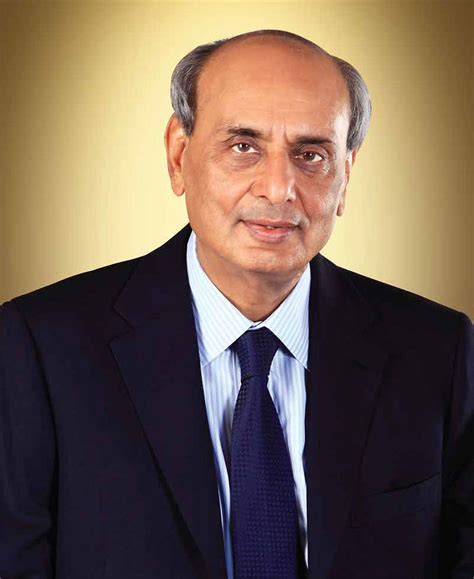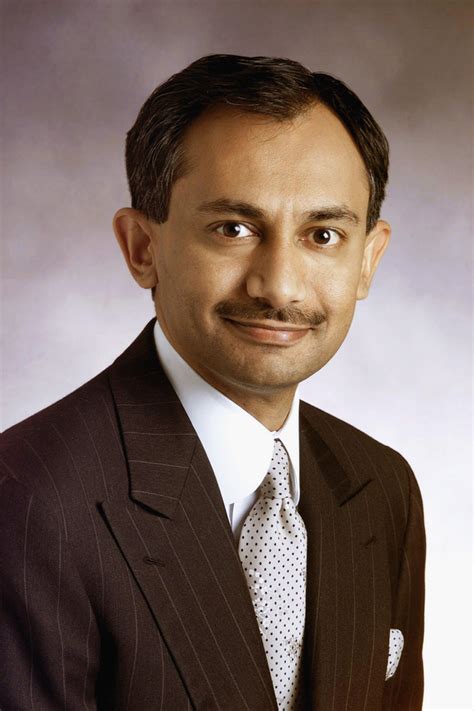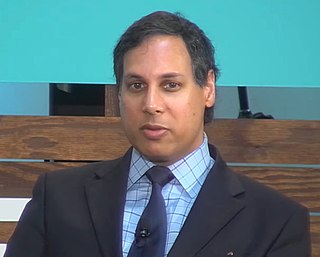A Quote by Prashant Bhushan
No one can say that there are no monopolistic or restrictive trade practices in India.
Related Quotes
The far more likely Trump scenario is this: Chinese leaders realize they no longer have a weak leader in the White House; China ceases its unfair trade practices. America's massive trade deficit with China comes peacefully and prosperously back into balance, and both the U.S. and Chinese economies benefit from trade.
Now, if the Standard Oil Company were the only concern in the country guilty of the practices which have given it monopolistic power, this story never would have been written. Were it alone in these methods, public scorn would long ago have made short work of the Standard Oil Company. But it is simply the most conspicuous type of what can be done by these practices. The methods it employs with such acumen, persistency, and secrecy are employed by all sorts of business men, from corner grocers up to bankers. If exposed, they are excused on the ground that this is business.
The slave states of Western world are an outgrowth of monopolistic capitalism - an economic system which is opposed to the wide distribution of private property in many hands. Instead, monopolistic capitalism concentrates productive wealth among a few men, allowing the rest to become a vast proletariat.
This rhetoric that Donald Trump is used is very consistent with rhetoric he's used on the campaign trail for a long time now. He'll always say - and you look - you can look at the past transcripts of his old speeches. He'll always say, I'm in favor of trade; trade is great, but these deals - NAFTA, TPP, the South Korean Free Trade Agreement - are all terrible.

































